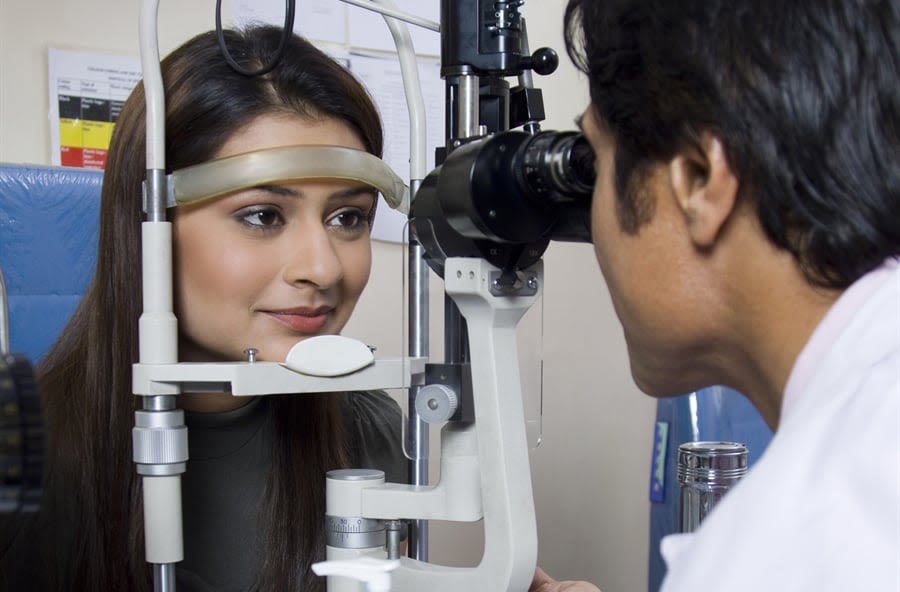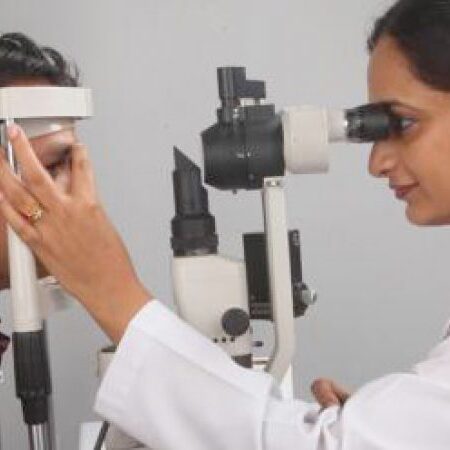
Contact Lenses
Contact lenses are a type of small, thin lens that is placed directly on the surface of your eye. The lens is worn on the cornea or on the surface of the white part of your eye. The contact lenses are used to correct vision.
Before inserting your contact lenses
• Keep a small mirror, washed lint free towel, a clean bowl, washed and dry contact lens case, multipurpose lens solution and your soft contact lenses ready.
• Better to have your nails trimmed. Wash your hands with baby soap under running water. Air dry your hands; avoid wiping your hands either with a towel or tissue.
History of the Contact lens
Leonardo da Vinci had proposed the idea of applying a corrective lens directly to the surface of the eye as early as 1508 and similar concepts surfaced from René Descartes in 1636 but it was not until 1887 that the German physiologist Adolf Eugen Fick constructed the first successful contact lens.


People wear contact lenses for various reasons
If you are considering corneal refractive surgery, you must:
